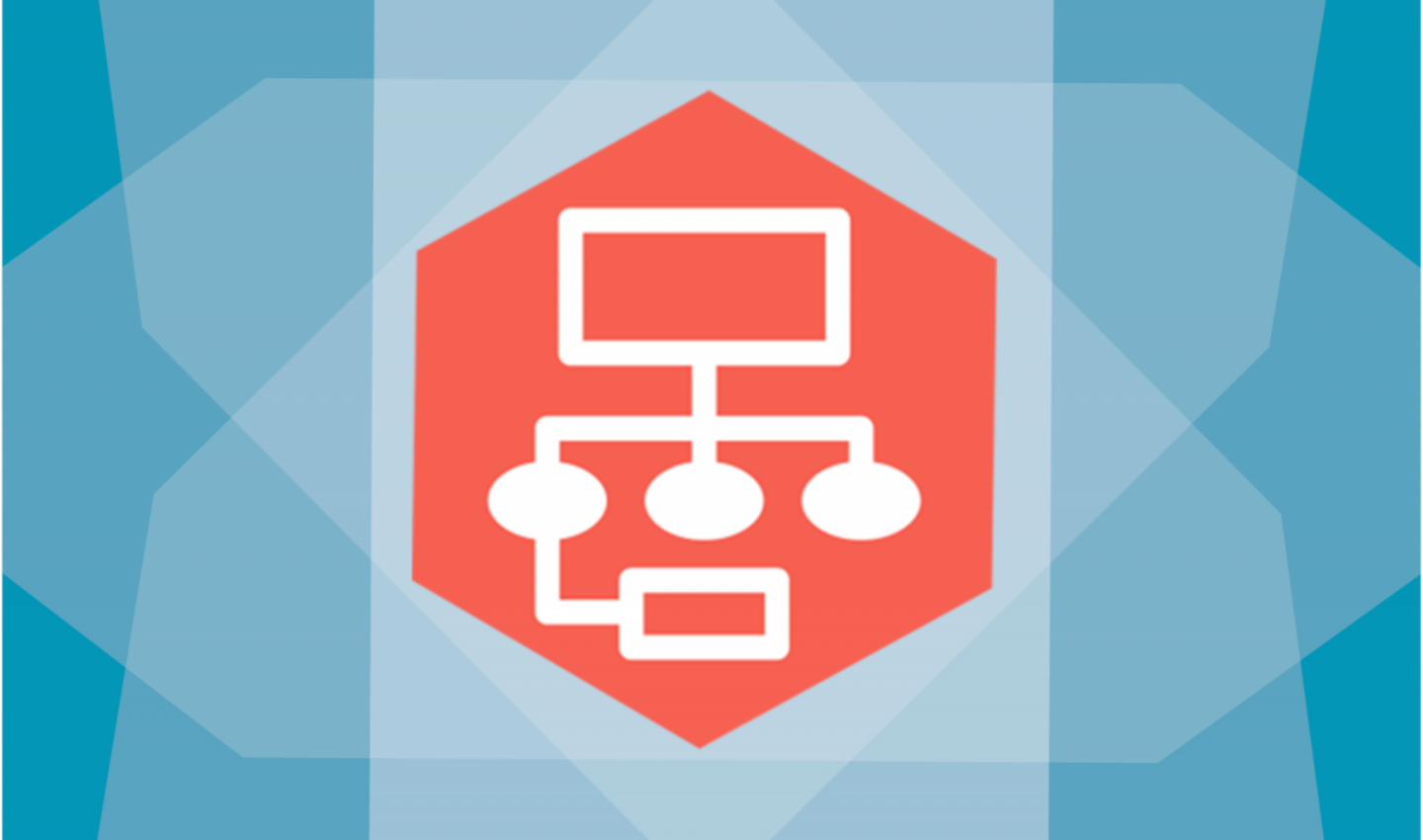When discussing an efficient managed long-term services and supports (LTSS) program, the importance of a utilization management program cannot be overlooked. It’s a way to not only ensure individuals receive the high-quality services they need, but also realize substantial cost savings for payers.
There are several aspects to consider when building a managed LTSS utilization management program, which is, at its core, strategies to improve the quality of services and contain costs. Effective utilization management programs include the thorough evaluation of medical necessity, appropriateness of care, and efficiency of LTSS delivery in a health benefits plan. When developing utilization management programs, payers should consider the following:
- Some services can be provided through prior authorization, while others may require a more in-depth review or in-person evaluation
- Assessment and utilization reviews should be based on elements such as medical necessity, most appropriate setting, and needs of the individual to support community-based living
- Complex case management approaches will require coordination of services and supports from multiple sources, and integration of person-centered planning standards
- Program integrity programs can minimize duplication and reduce the potential for fraud and abuse
- Providers and other stakeholders will require training on the managed LTSS program, effective engagement strategies, their role in the delivery of services, etc.
A utilization management program has the power to improve patient outcomes while more appropriately managing costs. Building and continually evaluating your utilization management program is critical in the delivery of LTSS and to ensure alignment with independent living principles.
Our team at UMass Chan Medical School uses evidence-based best practices and national standards to build utilization management programs for state Medicaid programs and health plans, and they have proven to be transformative for both the individual and the plan.


